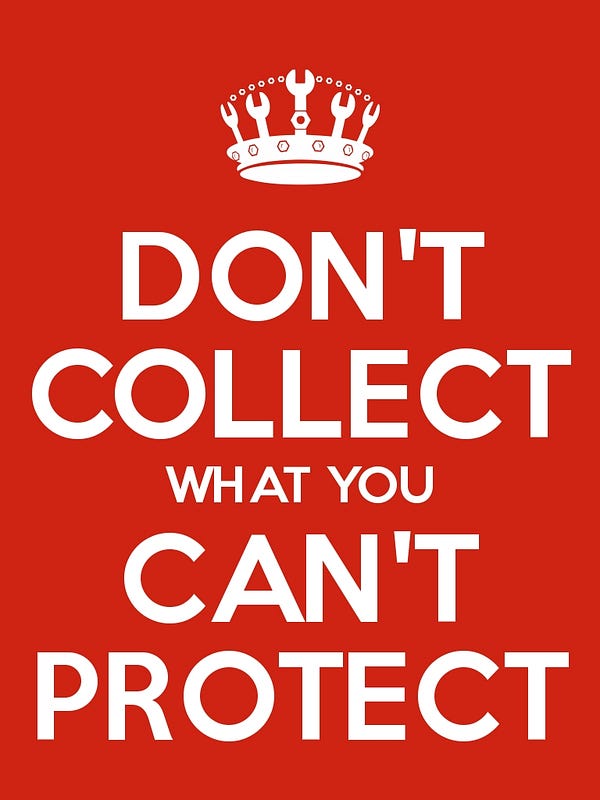There’s a new research journal — RIO- that is an experiment in opening up science. As the description says
"All outputs of the research cycle, including: project proposals, data, methods, workflows, software, project reports and research articles together on a single collaborative platform. Watch a short video explaining RIO Journal."
This isn’t a gimmick. It’s an adaptation of existing scientific publishing to the reality and potential of digital data and the practices they enable.
The same opportunity exists for philanthropy and civil society. Imagine if the whole process of foundation funding — from problem scoping through outputs was designed so that the participants, the beneficiaries, the grant receiving group and the funder shared what they were doing, why, how it was going, iterations and changes, and accomplishments, successes, and failures. Others could learn from what was happening. Problem statements could be shared, iterated, diversified and rejected, instead of endlessly recreated in vacuums. Same for the rest of the process.

Designing for open first requires getting ongoing human centered consent and using minimum viable data practices (at least). Working this way aligns with the possibilities of using our private digital resources for public benefit — the working definition of digital civil society.
There are a several steps being taken in this direction:
- The Hewlett Foundation has a “default to open” approach.
- The Open Philanthropy Project and the work of GiveWell and Good Ventures in general is much more transparent than most philanthropic action.
- A new platform by Sphaera, trying to “promote philanthropic plagiarism” offers tools for this.
- The “replication marathon” by DataLook has some important traits to build on.
- I’ve been writing about what I call “github governance” in the last two Blueprints, and I think there’s lessons there.
- Copia.is — a project of TechDirt to help small companies create and share policies openly has some important traits;
- as does the fact that Mozilla and Automattic share their company policies on github already (policy as code).
- There may also be ways that the blockchain could be useful.
Plenty of puzzle pieces here — what fun it would be to start with these and design new philanthropic practice (and enterprise structures)…
No comments:
Post a Comment